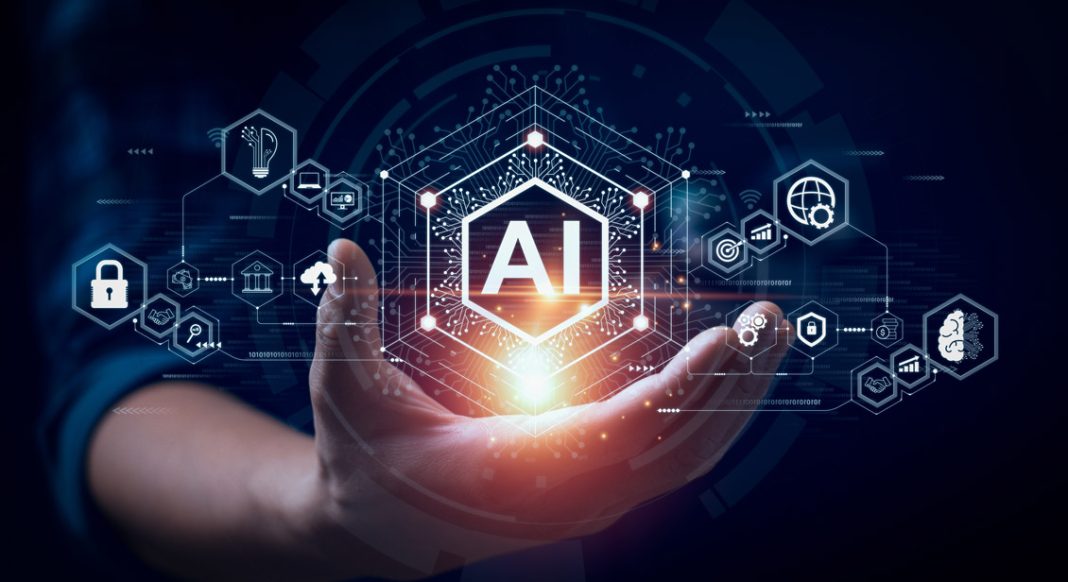By: Michael Howe
Artificial Intelligence (AI) is all about making life easier, and there is not an industry unaffected by AI, and even most personal lives in modern countries are benefiting from AI. Before diving into how AI will impact the trucking industry, what exactly is AI? Artificial intelligence, according to IBM, is technology that enables computers and machines to simulate human learning, comprehension, problem solving, decision making, creativity and autonomy. Essentially, it creates a new level of efficiency and opportunity
Just for fun, and proof of concept, Open AI was utilized to create this list of how Artificial Intelligence will benefit the trucking industry. Note, this writer has not utilized AI to write prior articles, and won’t use it for future articles, but in this case – given the topic – it seemed liked an interesting approach (only the list is AI generated):
If you’re looking for insights on “AI for trucking,” here are some key points to consider:
- Route Optimization: AI algorithms analyze traffic patterns and road conditions to suggest the most efficient routes.
- Predictive Maintenance: Machine learning models predict vehicle maintenance needs, reducing downtime and repair costs.
- Driver Assistance: AI-powered systems provide real-time feedback to drivers, enhancing safety and reducing accidents.
- Load Optimization: AI helps in maximizing cargo loads while ensuring compliance with weight regulations.
- Fuel Efficiency: AI tools analyze driving habits and vehicle performance to recommend practices that improve fuel economy.
- Supply Chain Management: AI enhances logistics by predicting demand and optimizing inventory levels.
- Autonomous Vehicles: AI is a key technology in the development of self-driving trucks, aiming to reduce labor costs and improve safety.
- Fleet Management: AI solutions streamline fleet operations, tracking vehicle locations and performance metrics.
- Customer Service: AI chatbots and virtual assistants improve communication and service for trucking companies.
- Data Analytics: AI analyzes vast amounts of data to provide insights that drive strategic decision-making in trucking operations.
As one examines the AI generated list and then looks at how AI has impacted other industries, the key to the benefit of AI comes down to enhancing efficiency and optimizing operations, which then directly results in cost savings and higher potential profits. From route optimization, which saves time, to fuel efficiency which saves money, the technologies associated with AI are designed to do what every driver and every company wants to do – make the most money in the most cost effective and safest manner. AI helps achieve that goal.
One of the concerns surrounding AI is the impact it might have on jobs. Again, AI is designed to improve efficiency, and while that may result in some specific job category loss, this is nothing new. Throughout history technology has forced change in the workplace, but that does not have to mean forced job loss. Fleet managers, drivers, technicians, dock workers, and more will still be needed to manage, operate, and interpret efficiencies created by AI.
The key to succeed with AI is to grow with AI – resisting AI will only have negative results for any one person and could result in falling behind instead of gaining the upper hand.


